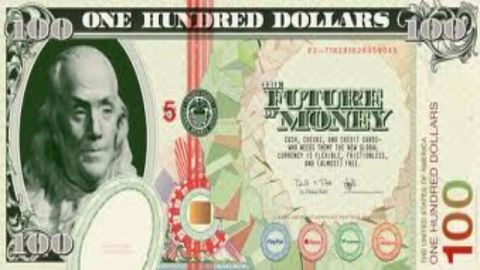What Currency for the World?

The latest installment of the BigThink Global Roundtable on the Future of Economic Competition asks about the future of the US dollar as the world’s reserve currency — and what it means for American strength in the world.
The US dollar’s share of global foreign exchange transactions has fallen from nearly 90 percent a decade ago to around 80 percent today, while its share of foreign exchange reserves has fallen from over 70 percent to under 60 percent today. Meanwhile, despite its present economic difficulties, the Euro has steadily gained since its inception in 1999, and the Chinese renminbi (RMB) is expected to climb as the currency moves towards a floating exchange rate and convertibility in the coming years.
The consensus among the roundtable participants was that neither the Euro nor any other currency will prove to be an alternative to the dollar, rather there will be several leading and co-existing currencies in a global reserve basket. The IMF recently published a paper arguing that its Special Drawing Rights (SDRs) could serve as a global reserve currency and thus enhance global financial stability. But as Daniel Altman pointed out in the discussion, even SDRs have to have an exchange rate vis-a-vis its constituent currencies, thus having more efficient and transparent currency markets remain very much the priority.
We can be optimistic that the monetary interdependence that exists today between the U.S. and China, for example, has focused the mind on a collective willingness to move steadily towards a more balanced reserve system that does not lead to a rapid devaluation of the US dollar. However, the US and other emerging markets are also the chief culprits today in engaging in frequent interventions in currency markets to devalue national currencies to maintain competitive exports.
From a technology standpoint, we should look not only to the ever faster moving currency trading platforms that the electronic marketplace enables, but also the rapidly growing world of virtual currencies promoted by sites like Hub Culture, Zynga, and Facebook. We should be thinking therefore not just about the future of the dollar, but the future of currency itself.





